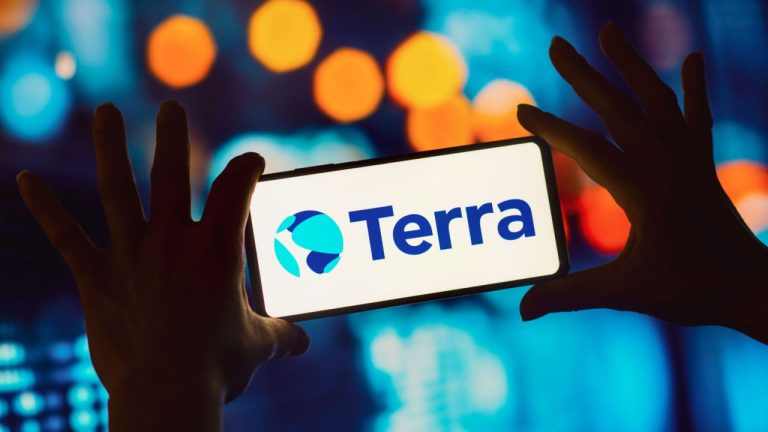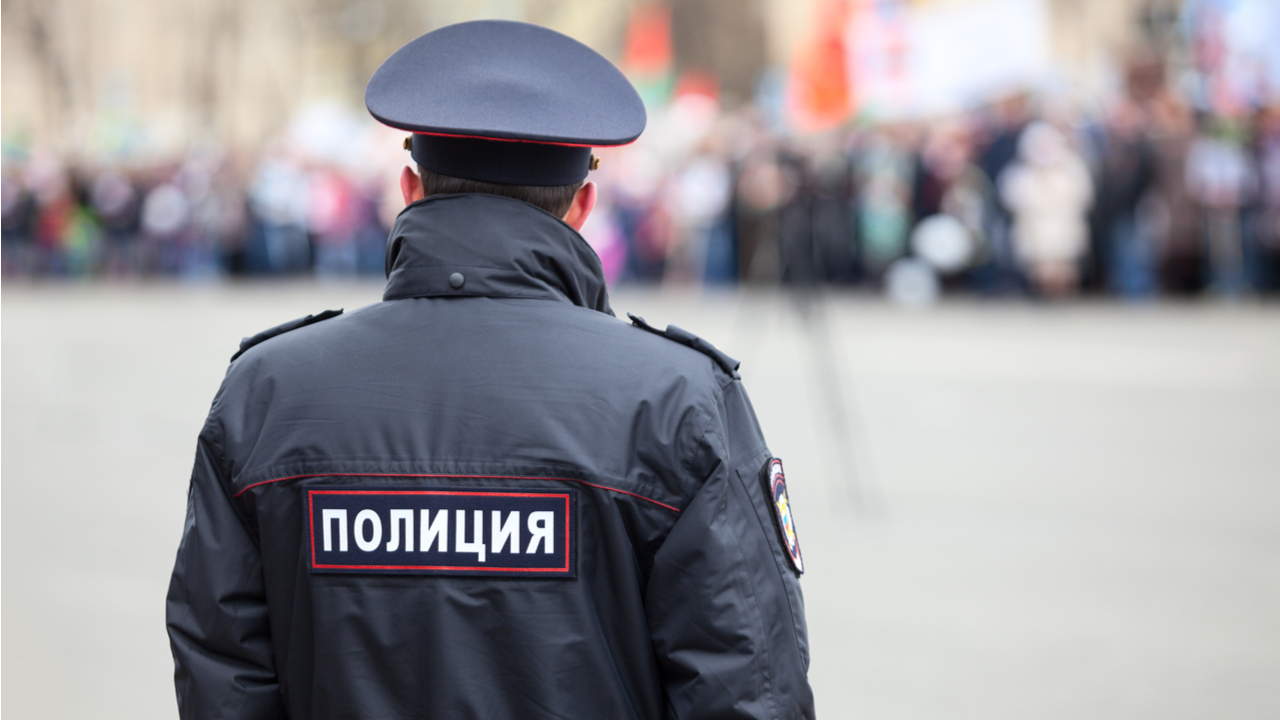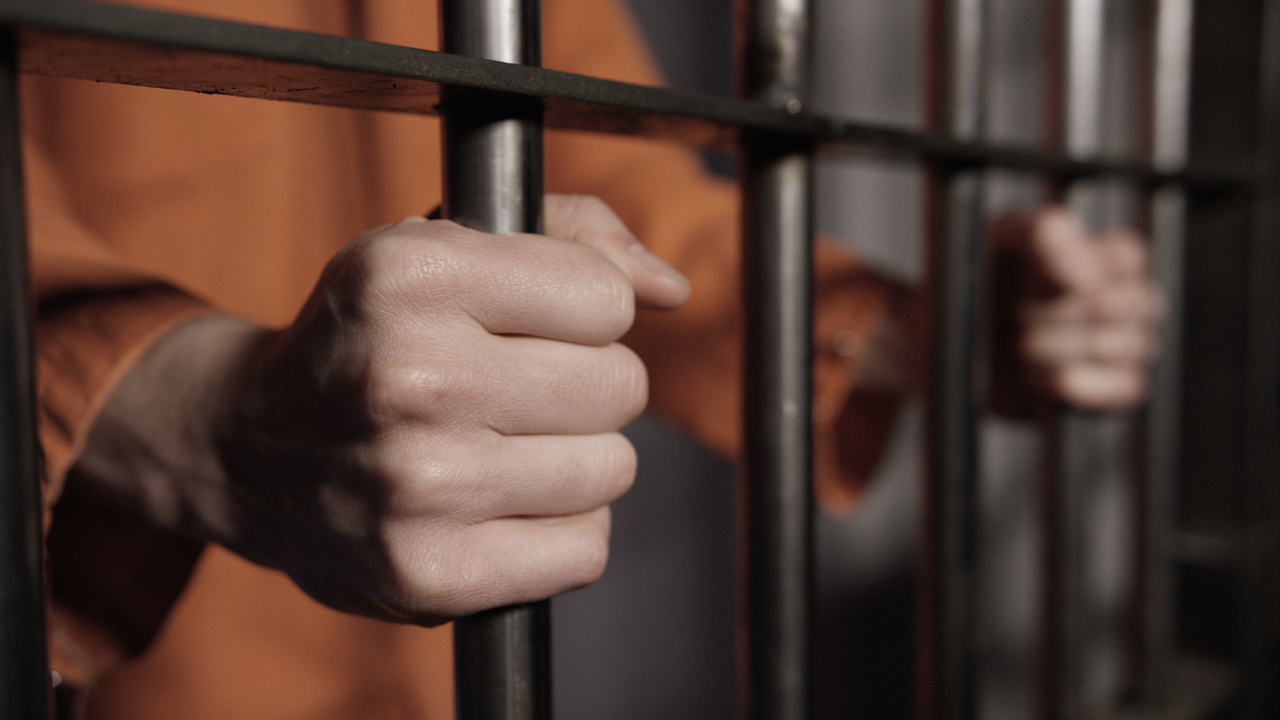 PRESS RELEASE. [Singapore, 2024] – The much-anticipated VC Founders Summit is set to take place on September 21st, bringing together venture capitalists, industry leaders, and innovators to shape the future of investment and entrepreneurship. As a dynamic side event of the renowned Token2049 conference, and coinciding with the excitement of Singapore Formula One Week, this […]
PRESS RELEASE. [Singapore, 2024] – The much-anticipated VC Founders Summit is set to take place on September 21st, bringing together venture capitalists, industry leaders, and innovators to shape the future of investment and entrepreneurship. As a dynamic side event of the renowned Token2049 conference, and coinciding with the excitement of Singapore Formula One Week, this […] Authorities in South Korea have reportedly seized assets worth billions of won belonging to former representatives of Terraform Labs. The measure should prevent suspects in the case with the failed blockchain firm from selling property that may have been obtained with criminal proceeds. South Korean Law Enforcement Moves to Seize Terraform-Linked Real Estate, Report Prosecutors […]
Authorities in South Korea have reportedly seized assets worth billions of won belonging to former representatives of Terraform Labs. The measure should prevent suspects in the case with the failed blockchain firm from selling property that may have been obtained with criminal proceeds. South Korean Law Enforcement Moves to Seize Terraform-Linked Real Estate, Report Prosecutors […]
American venture capital investor Tim Draper warned business founders to prepare for “more and more” bank failures if the government continues to “print money and whipsaw interest rates.“
American venture capital investor and entrepreneur Tim Draper suggested founders keep at least two payrolls worth of cash in Bitcoin (BTC) or alternative cryptocurrencies, along with other diversification recommendations, in response to the uncertainty created by the collapse of Silicon Valley Bank (SVB).
In a March 25 report directed at business founders, Tim Draper stated that Bitcoin is a hedge against a “domino run” on the banks and overbearing government intervention, adding that businesses “can no longer rely” on a single bank or governing body to manage their cash.
Some tips for business cash management post SVB. https://t.co/dVEw0EJJyZ #bitcoin #trust #freedom
— Tim Draper (@TimDraper) March 24, 2023
Draper suggested that business founders keep at least “6 months of short-term cash” in two separate bank accounts — one with a local bank and another with an international bank.
He noted that businesses should also have at least two payrolls “worth of cash” in Bitcoin and other cryptocurrencies.
These preventative steps were necessary, according to Draper, because for the “first time in many years,” governments are seizing control of banks, and governments themselves are “at risk of becoming insolvent.”
He further revealed that “many startups” sought emergency relief from him after SVB and other banks shut down.
Additionally, Draper emphasized the importance of contingency plans, as boards and management are responsible for meeting payroll deadlines “even in times of crisis.“ He added:
“It is important to build out contingency plans for bank failures that could happen more and more often if the government continues to print money and whipsaw interest rates to counteract inflation caused by the over-printing of money.”
Draper reminded founders to be vigilant against the risk of fraud, noting that fraudsters are skilled at identifying weaknesses in a system and exploiting them.
Furthermore, to prevent phishing theft, he advised founders to verify with all parties involved whenever there is a change in wire instructions or a new approval system.
Related: Silicon Valley Bank’s downfall has many causes, but crypto isn’t one
This comes after recent news that Draper performed a self-composed Bitcoin song after his keynote speech at Paris Blockchain Week 2023 on March 22.
He said the song was dedicated to SVB and “all the banks that have failed and will fail.”
The song received a round of applause from the audience, with Draper concluding his time on stage by saying blockchain, Bitcoin and smart contracts make up one of the “greatest transitions in the history of the world.”
 The founders of the now-defunct cryptocurrency hedge fund Three Arrows Capital (3AC) have been served subpoenas by the fund’s liquidators via Twitter. While serving subpoenas on Twitter is rare, it has happened on various occasions in the past, including when Wikileaks was served on Twitter in 2018. Founders of Defunct Crypto Hedge Fund Contacted Electronically […]
The founders of the now-defunct cryptocurrency hedge fund Three Arrows Capital (3AC) have been served subpoenas by the fund’s liquidators via Twitter. While serving subpoenas on Twitter is rare, it has happened on various occasions in the past, including when Wikileaks was served on Twitter in 2018. Founders of Defunct Crypto Hedge Fund Contacted Electronically […]
The DAO was initially served with a lawsuit via a help chat box but a federal judge said the regulator “should serve at least one identifiable Token Holder.”
A United States federal judge has ordered the Commodities Future Trading Commission (CFTC) to serve its lawsuit to the two original founders of the Ooki decentralized autonomous organization (DAO).
On Dec. 12, District Judge William Orrick ordered the U.S. regulator to serve Tom Bean and Kyle Kistner, the founders of the decentralized trading platform bZeroX which was the predecessor to Ooki DAO.
Bean and Kistner had already settled charges with the CFTC in September relating to illegal commodities offerings on bZeroX, while separate charges were laid against Ooki DAO token holders, which was served using a help chat box as well as a notice on its online forum.
However, when Judge Orrick later discovered Bean and Kistner were alsOoki DAO token holders he reconsidered how the CFTC was to serve the lawsuit.
“It seems clear in this case that Ooki DAO has actual notice of the litigation,” Judge Orrick wrote. “But to provide the best practicable notice, the CFTC should serve at least one identifiable Token Holder if that is possible.”
The CFTC’s original approach to filing the lawsuit received pushback and crypto industry participants filed amicus briefings in support of Ooki DAO which argued the CFTC should find Ooki DAO members and serve them directly with the lawsuit.
The U.S. District Court for the Northern District of California held a hearing on Dec. 7 with the CFTC and those entities who filed amicus briefs to persuade Judge Orrick to reconsider allowing the CFTC to serve Ooki DAO through its help chat box.
“At the hearing, the CFTC asserted it knew that some of Ooki DAO’s Token Holders reside and conduct business in the United States because the two founders of Ooki DAO’s predecessor entity, bZeroX LLC, are Token Holders who reside in the United States,” Orrick wrote.
“This was new information to me,” he added. “Neither the complaint nor the CFTC’s Motion for Alternative Service mention that the former founders, [Bean and Kistner], are or have been Token Holders.”
“The CFTC is now ORDERED to serve Bean and Kistner, in their roles as Ooki DAO Token Holders,” he concluded.
Related: CFTC chief says Bitcoin is the only commodity in the wake of FTX collapse
On Sep. 22, the CFTC settled charges against Bean and Kistner for “illegally offering leveraged and margined retail commodity transactions in digital assets” through bZeroX.
Simultaneously, it filed its lawsuit against Ooki DAO alleging it operated the same software as bZeroX after it was given into its control which violated “the same laws as the respondents.”
The CFTC was strongly criticized, even by its own people, for bringing the lawsuit without clear regulatory guidelines with CFTC commissioner, Summer Mersinger, calling it a “regulation by enforcement” approach.
 Kirill Doronin, mastermind of the Russian crypto Ponzi scheme Finiko, has proposed to testify against dozens of his former associates he claims violated his order to accept only cryptocurrency from investors. The founder of Russia’s largest financial pyramid in modern times has already provided detailed testimonies against a long list of accomplices, a media report […]
Kirill Doronin, mastermind of the Russian crypto Ponzi scheme Finiko, has proposed to testify against dozens of his former associates he claims violated his order to accept only cryptocurrency from investors. The founder of Russia’s largest financial pyramid in modern times has already provided detailed testimonies against a long list of accomplices, a media report […] A large amount of cryptocurrency has reportedly been withdrawn from a wallet previously controlled by the Finiko Ponzi scheme in Russia. The wallet’s unknown operators have transferred coins worth $48 million this month. The digital currency was split into smaller amounts and deposited to different addresses. 750 BTC Removed From Crypto Pyramid Finiko Wallet A […]
A large amount of cryptocurrency has reportedly been withdrawn from a wallet previously controlled by the Finiko Ponzi scheme in Russia. The wallet’s unknown operators have transferred coins worth $48 million this month. The digital currency was split into smaller amounts and deposited to different addresses. 750 BTC Removed From Crypto Pyramid Finiko Wallet A […] The investigation into the Russia-based crypto pyramid Finiko is growing with law enforcement officials in Samara region announcing they have launched eight criminal cases against Finiko associates. Authorities are also working to identify more victims of the Ponzi scheme, Russia’s largest in recent years. Finiko Members Under Investigation in Samara, Russia The Russian Ministry of […]
The investigation into the Russia-based crypto pyramid Finiko is growing with law enforcement officials in Samara region announcing they have launched eight criminal cases against Finiko associates. Authorities are also working to identify more victims of the Ponzi scheme, Russia’s largest in recent years. Finiko Members Under Investigation in Samara, Russia The Russian Ministry of […] A court in Tatarstan has extended the detention of Kirill Doronin, founder of Russia’s largest Ponzi scheme in recent times, Finiko. Doronin will spend at least two more months in custody as authorities fear he could hide from law enforcement. Ilgiz Shakirov, vice-president of the crypto pyramid, remains under detention as well. Finiko Mastermind Doronin […]
A court in Tatarstan has extended the detention of Kirill Doronin, founder of Russia’s largest Ponzi scheme in recent times, Finiko. Doronin will spend at least two more months in custody as authorities fear he could hide from law enforcement. Ilgiz Shakirov, vice-president of the crypto pyramid, remains under detention as well. Finiko Mastermind Doronin […] Cryptocurrency addresses allegedly used by Russian exchange Suex, recently placed under U.S. sanctions, have received more than $934 million in crypto assets, blockchain analysis suggests. According to the Treasury Department, over 40% of the platform’s transactions involved criminal actors. A Suex co-founder has denied any illegal activity. Sanctioned Crypto Broker Suex Processed $370 Million of […]
Cryptocurrency addresses allegedly used by Russian exchange Suex, recently placed under U.S. sanctions, have received more than $934 million in crypto assets, blockchain analysis suggests. According to the Treasury Department, over 40% of the platform’s transactions involved criminal actors. A Suex co-founder has denied any illegal activity. Sanctioned Crypto Broker Suex Processed $370 Million of […]